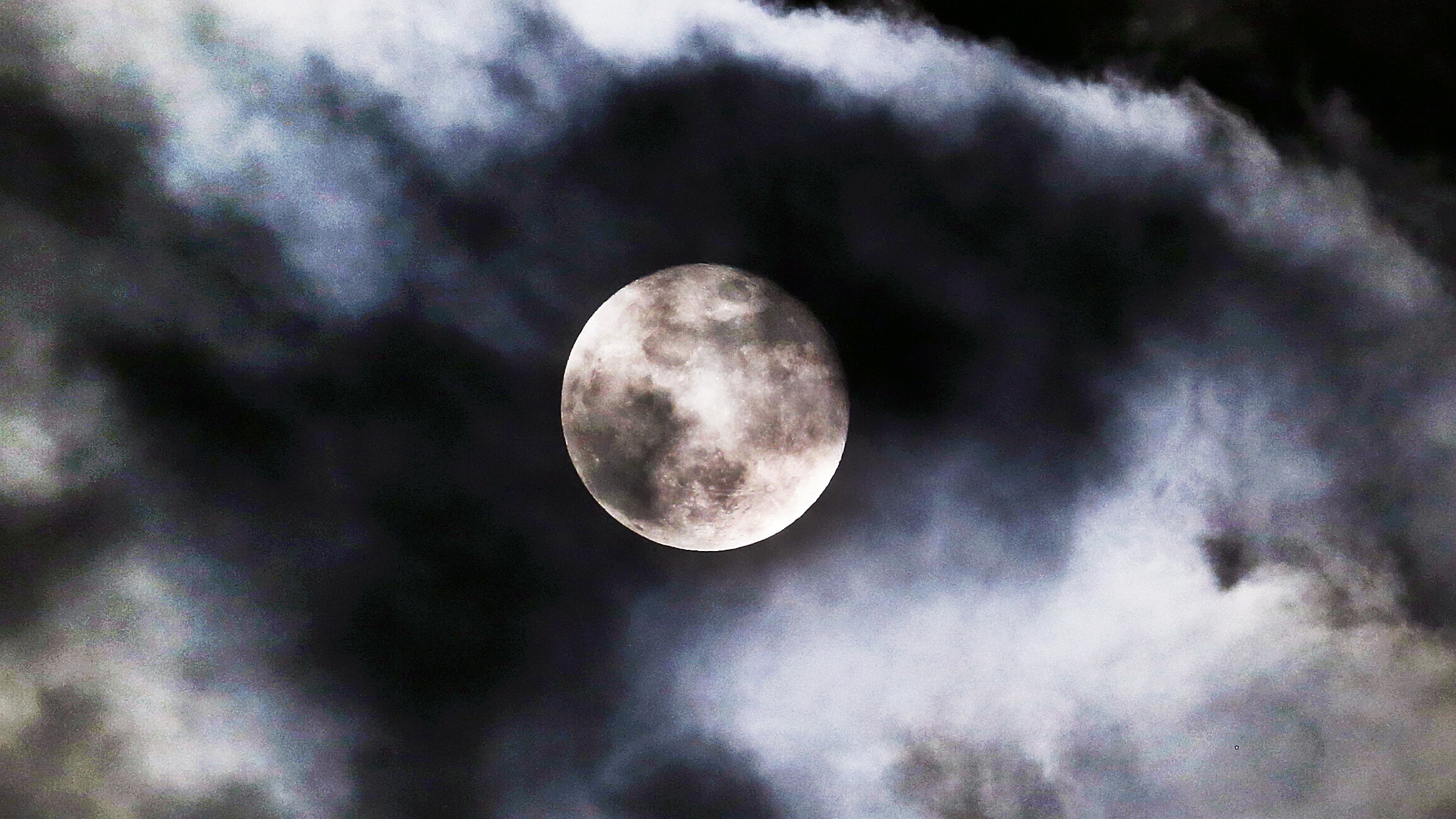
SPACEX will fly two private passengers to the moon next year, marking the first attempt since Nasa’s final Apollo mission 45 years ago.
The pair approached the company about the week-long adventure and have already paid a significant deposit – and SpaceX reveaaled they weren’t the only ones who have expressed interest in flying to the moon.
In a statement on its website, SpaceX said: “Like the Apollo astronauts before them, these individuals will travel into space carrying the hopes and dreams of all humankind, driven by the universal human spirit of exploration.”
The two individuals will undergo various health and fitness tests and will begin initial training later this year.
SpaceX will launch its first mission, an unmanned Crew Dragon spacecraft, later this year. This will followed by another – this time with crew – in the second quarter of 2018.
Once these missions are under way, SpaceX will send the private passengers on a journey around the moon. The spacecraft will lift off from the Kennedy Space Centre – on the same launch pad used by the Apollo team.
The passengers will make a long loop around the moon, skimming the surface and then going well beyond, but the mission would not involve a lunar landing.
SpaceX added: “This presents an opportunity for humans to return to deep space for the first time in 45 years and they will travel faster and further into the Solar System than any before them.”
SpaceX is a privately-owned space exploration company that designs, manufactures and launches spacecrafts. Founded by Elon Musk in 2002, it now has three vehicles and over 4,000 employees – and has gained the support of Nasa.
SpaceX made history in May 2012, sending the first commercial spacecraft to the International Space Station to drop off and pick up cargo, before safely returning to Earth.

Enjoy the convenience of having The Sunday Post delivered as a digital ePaper straight to your smartphone, tablet or computer.
Subscribe for only £5.49 a month and enjoy all the benefits of the printed paper as a digital replica.
Subscribe